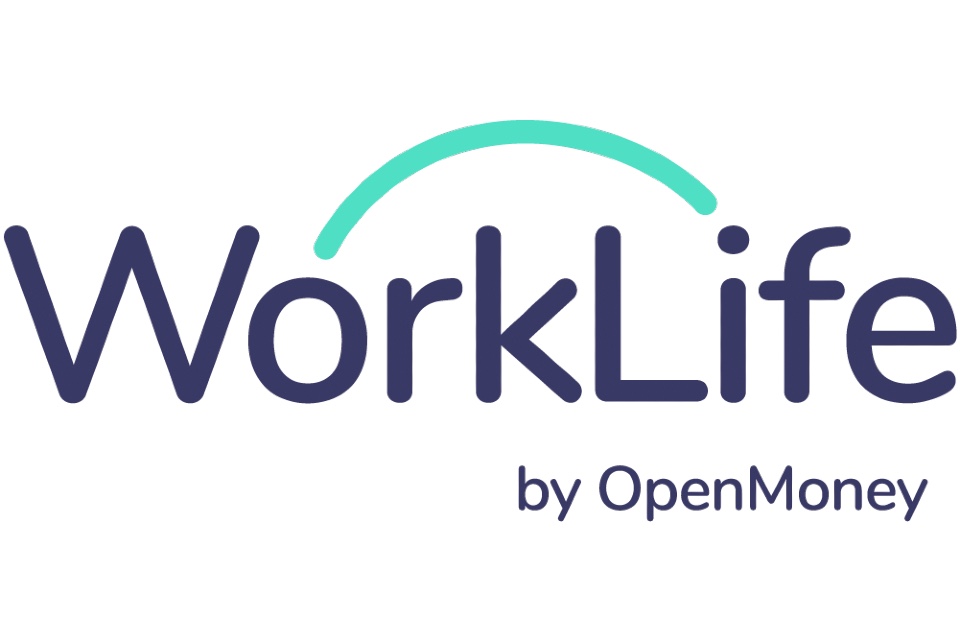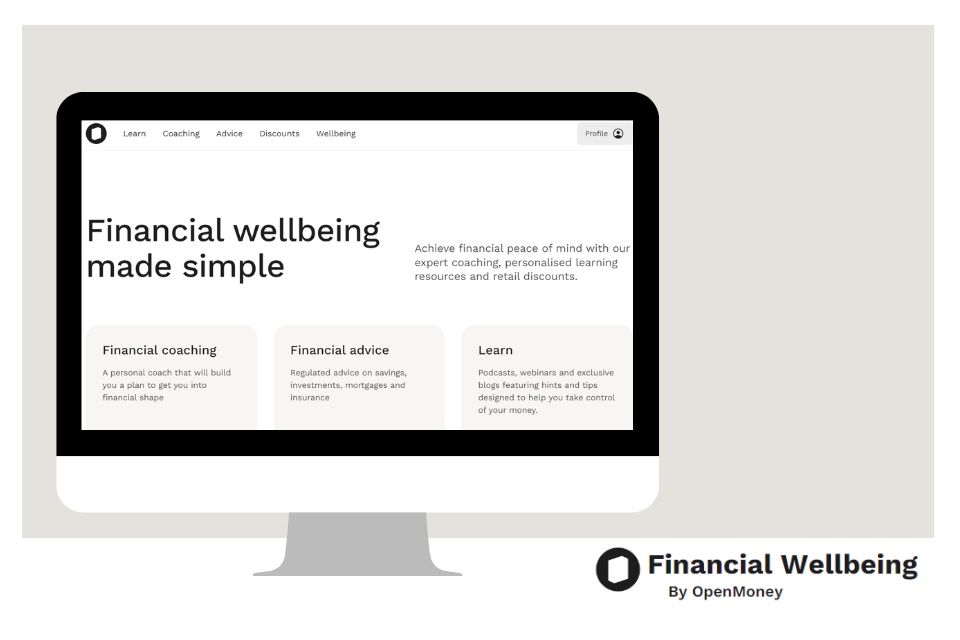Firms must get creative with rewards and benefits if they are to help employees navigate the current cost of living crisis, says Rob Marshall, Head of Product and Proposition at WorkLife by OpenMoney…
WorkLife is a digital platform on a mission to make financial advice and employee benefits accessible and affordable to every UK business. Powered by OpenMoney, it combines top of the range financial advice and market leading benefits with low cost and transparent fees, allowing SMEs to reward their employees with the same great benefits as those traditionally enjoyed by workers at larger companies.
With inflation having hit an all-time high, national insurance contributions (NIC) set to increase in April and the cost of returning to the physical workplace set to heighten pressures for many workers, Marshall says it is essential that bosses are signposting employees to all available support and carefully considering where additional resource may be required.
He commented: “Rising prices for everyday necessities such as food and fuel have been highly documented in recent months, and many ordinary workers are feeling the strain as a result. What’s more, those being asked to return to the office will soon find themselves having to fund additional expenses such as train tickets and meal deals once again, presenting yet another strain on their personal finances.”
Against this backdrop, Marshall said there are five key ways firms can help employees offset rising living costs and make every pound count.
- Use salary sacrifice and interest-free employee loans
“Salary sacrifice schemes – such as cycle to work, electric vehicle leasing or tech purchases are a clever way for employees to make potential savings on Income Tax and National Insurance as well as spread the cost of purchases or leases. These arrangements work by the employee agreeing to reduce their gross pay by an amount equal to the benefit cost. Depending on which benefit, NIC and Tax savings can be made by employees – there may also be NIC savings for the business too.
“If you’re asking employees to return to the office, then offering an interest-free season ticket loan could be a particularly good way of helping colleagues to budget and take advantage of the cheaper fare that comes with paying for travel weekly or monthly.”
- Consider what else could be provided tax free
“Employers can provide money towards basic costs including broadband and home-office furniture tax-free, meaning there are savings to be made for employees and the company alike. If you have staff working from home, then some employees will also qualify for a small tax rebate. Encourage people to visit the relevant government websites to see if they might be eligible.”
- Promote cash plan allowances
“Cash plans have long been a popular way of helping employees to save on everyday healthcare costs, so regular promotion to remind employees of what’s available is vital. Communicate where people can find out information on the policy, what’s covered and how to make claims. Features like routine eye tests, dental check-ups and the cost of glasses or contact lenses are very often forgotten but could save eligible employees significant sums if they make a claim – dependent on their level of cover.”
- Offer retail and other discount schemes
“This might seem like an obvious point, but retail discounts towards the weekly shop can make a real difference to someone who’s struggling financially. Aside from this, if you have existing insured group benefits such as Death in Service or Group Income Protection in place, many providers offer a range of money-off codes for products including home and car insurance, as well as other perks through their online portal. These aren’t always well-publicised, so it’s worth checking your policy to see what other savings your employees might be eligible for.”
“Other discount benefits like those for gyms, health clubs, online fitness classes and equipment can also provide real cost savings.”
- Look beyond cash benefits
“While employees should absolutely be encouraged to take regular time off to recharge, offering the option to sell unused annual leave can provide additional flexibility for workers – subject to statutory minimums. If it gets to the end of the holiday year and someone feels they’re using up days for the sake of it, then they’ll probably value being able to sell them back and boost their take-home pay.”
Marshall concluded: “Whether a company is putting additional benefits in place or simply reviewing and re-promoting existing ones, getting on the front foot with communicating what’s available is key ensuring maximum value for all. Poor financial health can easily impact other areas of an employee’s wellbeing, so firms must strive to step in early and let workers know where they can get an extra helping hand.”
Looking to motivate and engage your employees?
Get in touch with us here to discuss your needs and see how we can help your business.
Want to find out more about WorkLife by OpenMoney, click here to visit our website.








